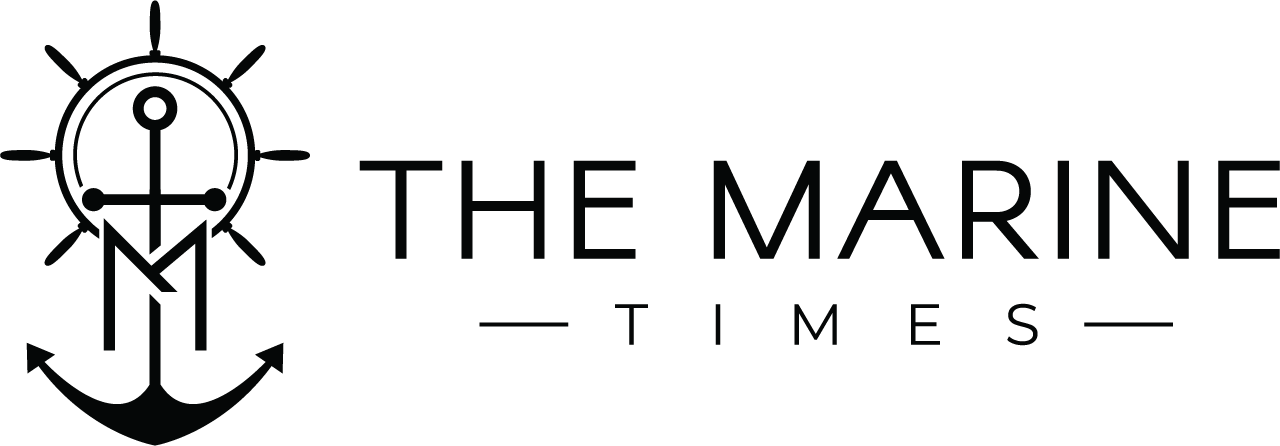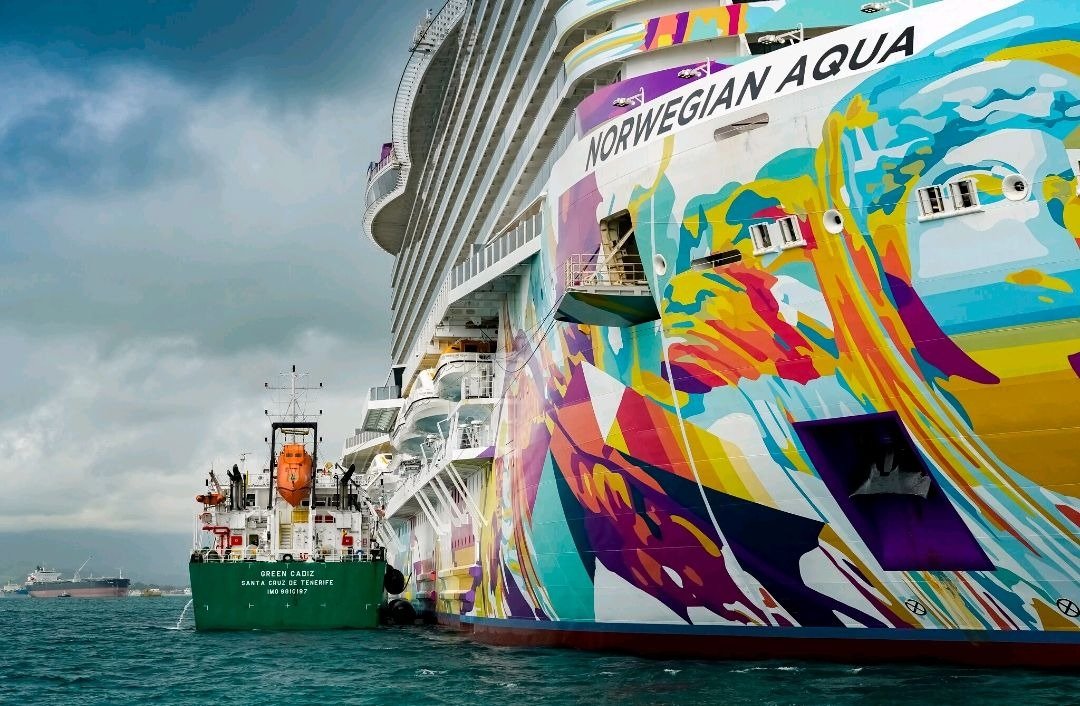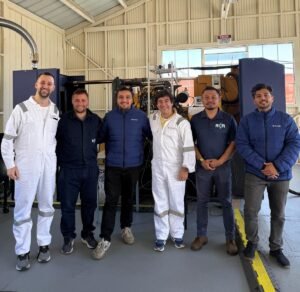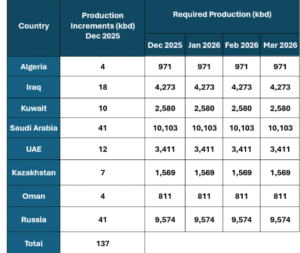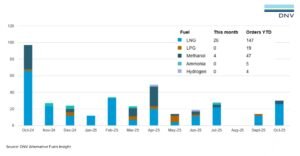Norwegian Cruise Line Holdings (NCLH) and Spanish energy company Repsol have signed an eight-year agreement to supply renewable marine fuels — including biofuels and renewable methanol — to NCLH’s vessels calling at the Port of Barcelona, starting in 2026.
The agreement marks a first-of-its-kind, long-term renewable fuel supply deal in the cruise industry and supports both companies’ Net Zero by 2050 ambitions.
It will see Repsol provide a portfolio of advanced biofuels during the initial years, followed by renewable methanol from 2029.
The renewable methanol will be produced at Repsol’s Ecoplanta facility in Tarragona, which will convert up to 400,000 tonnes of municipal solid waste per year into 240,000 tonnes of renewable fuels and circular products.
Norwegian Cruise Line Holdings is the first company to secure an offtake agreement from the project.
“This partnership is an excellent example of how cross-industry collaboration can unlock meaningful progress,” said Harry Sommer, president and chief executive officer of Norwegian Cruise Line Holdings Ltd. “Securing long-term access to renewable marine fuels at a key European port aligns directly with our Sail & Sustain program and demonstrates our commitment to advancing towards a more sustainable future.”
Juan Abascal, Repsol’s executive managing director for industrial transformation and circular economy, added: “This milestone agreement highlights that renewable fuels are ready to play a key role in reducing the carbon footprint of the maritime sector. By partnering with NCLH, one of the world’s leading cruise companies, we show that renewable fuels are already deployable at scale to immediately start reducing emissions at sea.”
All fuels supplied under the agreement will be certified under the ISCC EU framework, ensuring compliance with international sustainability and decarbonisation standards.
The deal supports Norwegian Cruise Line Holdings’ Sail & Sustain strategy, which targets a 10% reduction in greenhouse gas intensity by 2026 and 25% by 2030.
For Repsol, the partnership advances its renewable fuels strategy, which includes expanding production capacity at its Cartagena and Puertollano facilities and operating one of Europe’s largest renewable fuel networks, with over 1,300 stations across Spain and Portugal.
